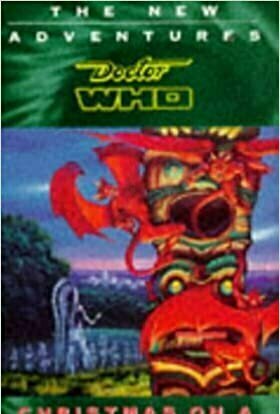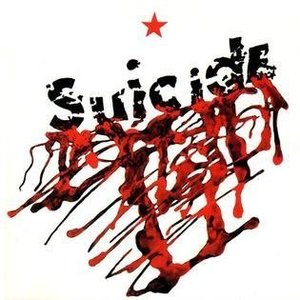Search
Search results
Graham Massey recommended Turn It Over by Tony Williams Lifetime / Tony Williams in Music (curated)
Joe Goodhart (27 KP) rated Doctor Who: Christmas on a Rational Planet in Books
Nov 30, 2020
I first read this book once, back in 1999. I had not revisited again until two weeks ago. This review is based upon my re-reading it.
First, let me just write that this is clearly one of the more effed up New Adventures you will ever read. The things I witnessed within were horrible and chilling in a number of ways, far more so than I recall them being when I first read the book!
For those not aware, this was Lawrence Miles' (or, as some like to refer to him as, "Mad Larry") first published DW work. The seeds are planted, offering us glimpses at ideas, like Grandfather Paradox, which will be elaborated on further in his Eighth Doctor Adventures ALIEN BODIES and INTERFERENCE BOOKS 1 & 2.
Yes, as many have commented, his writing is not as polished or focused as it would be later in his career. However, that is not to say that it's rubbish or worthy of being snubbed. There are some damned good ideas here, both abstract and otherwise. The book requires a lot of focus, but it was worth it in the end.
I miss the writing that DOCTOR WHO used to have. Nothing in the 2005-onward NuWHO stories can hold a candle to this! And at least the Doctor's companions weren't all following him with lust-filled, puppy dog eyes like they were in the current stories!
If you are looking for something WHO-related, with a bit more bite and a whole lot more to tickle your brain, look no further than CHRISTMAS ON A RATIONAL PLANET!
First, let me just write that this is clearly one of the more effed up New Adventures you will ever read. The things I witnessed within were horrible and chilling in a number of ways, far more so than I recall them being when I first read the book!
For those not aware, this was Lawrence Miles' (or, as some like to refer to him as, "Mad Larry") first published DW work. The seeds are planted, offering us glimpses at ideas, like Grandfather Paradox, which will be elaborated on further in his Eighth Doctor Adventures ALIEN BODIES and INTERFERENCE BOOKS 1 & 2.
Yes, as many have commented, his writing is not as polished or focused as it would be later in his career. However, that is not to say that it's rubbish or worthy of being snubbed. There are some damned good ideas here, both abstract and otherwise. The book requires a lot of focus, but it was worth it in the end.
I miss the writing that DOCTOR WHO used to have. Nothing in the 2005-onward NuWHO stories can hold a candle to this! And at least the Doctor's companions weren't all following him with lust-filled, puppy dog eyes like they were in the current stories!
If you are looking for something WHO-related, with a bit more bite and a whole lot more to tickle your brain, look no further than CHRISTMAS ON A RATIONAL PLANET!


